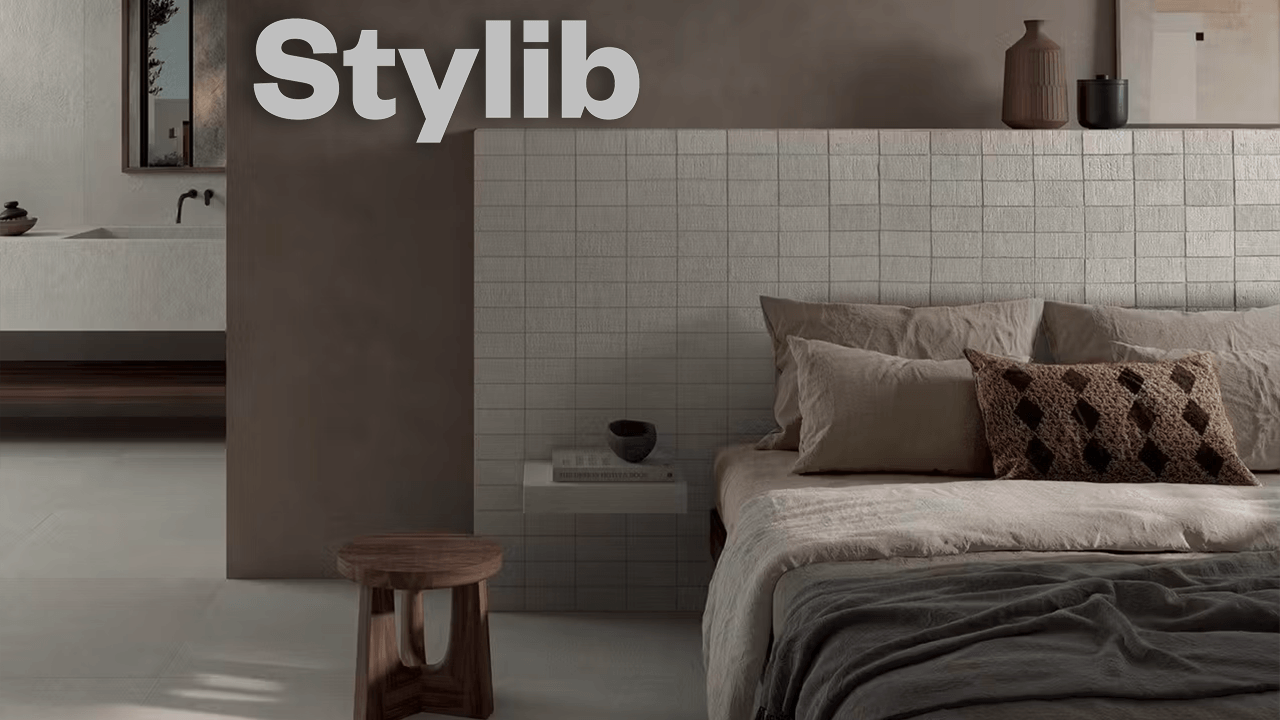As someone who’s currently in the middle of a home remodeling project, I can confidently say I now know more about kitchen cabinetry, engineered wood vs. porcelain tile, and what a Belfast sink is than any non-professional ever should.
While the vast majority of my design inspiration has been sourced through Pinterest and countless Google Images searches, that’s generally where the process grinds to a halt. Knowing what you’d like to have and knowing where to source these objects of desire (and preferably at the best price possible) is a completely different story.
In so much, I can count the paper cuts incurred flipping through countless design catalogues and hours spent wandering through product showrooms trying to match up my ideas with “this is pretty close” options.
If only there were a solution whereby I could send a series of images to an architect or design professional and they could match colour for colour, design for design, exact, or at incredibly close facsimiles? All without having to pour through the same laborious process.
My friends welcome to the raison d'etre behind London-based Stylib and the £1.5 million pre-seed investment provided by round lead Foundamental with Nemetschek Group and Redstone Built World Strategy participating. Operating in a market size forecast to exceed $145 billion by 2027, the capital will allow Stylib to ramp up product development and UK operations in tandem with onboarding 4 additional team members.
“We’re facing a ‘classic’ data access problem: globalisation and the rise of digital have led to the markets being flooded with products, however, the tools used to search and manage these products remain the same as 20 years ago. Currently, both suppliers and designers remain dependent on catalogues, showrooms and salespeople. The result is inefficient product discovery for designers and ineffective pre-sales workflows for suppliers,” explained Stylib co-founder and CEO Noam Naveh. “Stylib is transforming this by creating tools that complement the work of design professionals in the digital world.”

Leveraging AI and computer vision technologies, Stylib allows architects and design professionals to put catalogues in the recycle bin and showroom visits on indefinite hold.
Married to a product database that provides technical filters including sustainability criteria, fire rating, slip resistance, etc. designers can match client specifications to a tee.
On the flip side, Stylib is also angling to give suppliers a dead simple method of digitalising their business operations via an API and/or widget. This integrated solution will allow suppliers to manage their entire catalogue database and provide actionable search insights, informing them of user trends based on search activities.



Would you like to write the first comment?
Login to post comments